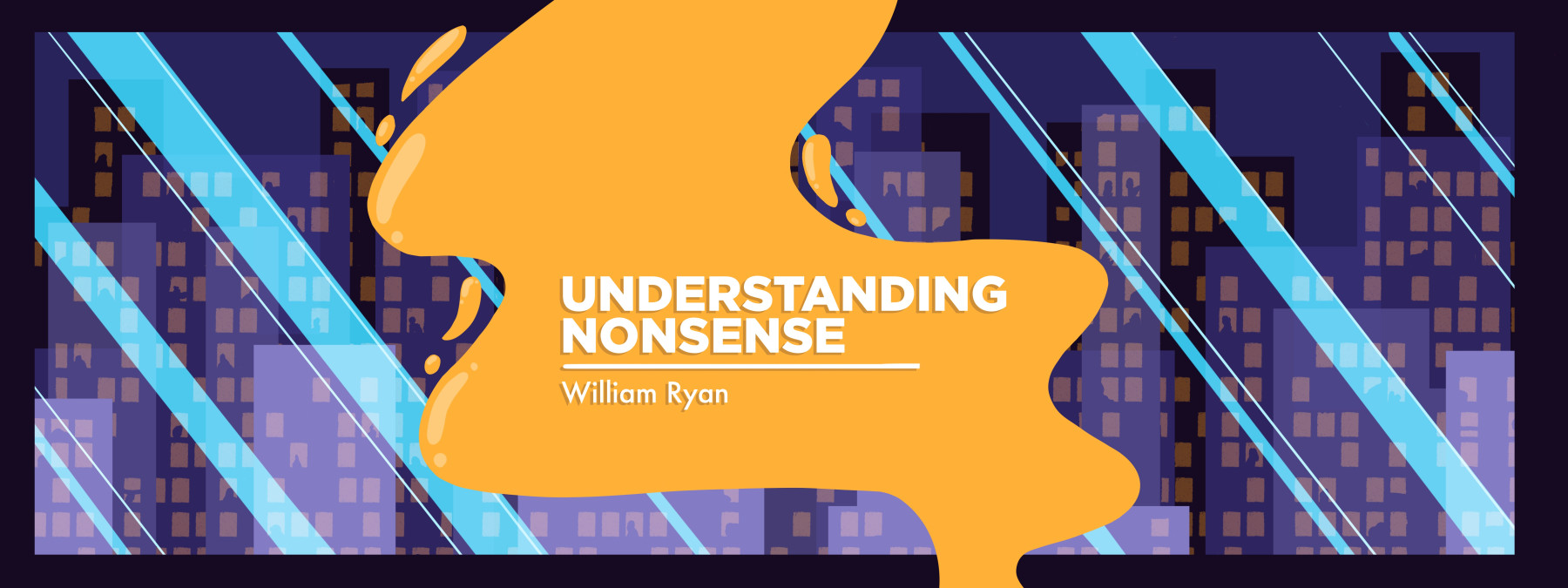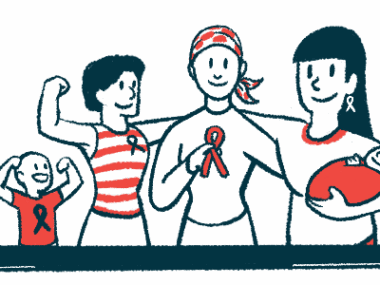My dedicated early-morning routine makes a difference in my health
Habits from my youth help me stay on track with my CF and my life
Written by |

Talking Heads is one of my all-time favorite bands. One of their most popular songs, “Once in a Lifetime,” has a refrain in its bridge that goes, “Same as it ever was, same as it ever was.”
Monotony may not be something most people would choose for themselves. They may want to live each day differently than the last and always try something new, whether it’s engaging with a hobby, exploring a city, or trying a new restaurant. While I sometimes do go for the new and enjoy it, I’ve found that some form of routine is best for me.
As I have cystic fibrosis (CF), my morning routine has always kept me on track to take care of myself throughout the day, and it always will. I believe such routines are a way for someone with an illness like CF to streamline their care. In fact, my routine has helped me keep up my health, with some slight exceptions, for over 20 years.
The school routines
Outside of college, where I woke up as close to my first class as possible, I’ve always awakened between 5 and 6 a.m. Even during the years I was working a full-time job and doing stand-up comedy late into the night, I’d force myself to wake up early. That’s because my mom was waking up early for her job, for which she traveled from New Jersey into New York.
From the time I was 6 years old until I was 14 and had graduated middle school, Mom would wake me to make sure I did my Vest treatment (high-frequency chest oscillation) and ate breakfast. After I was done, I’d go back to sleep. Dad worked the night shift on the PATH trains and wouldn’t get home until roughly 8 or 9 a.m., so either he’d wake me from that second sleep, or Mom would call to make sure I got dressed for school.
In high school, the only element that changed was that I didn’t go back to sleep. And this routine became my model after I graduated college.
Like most American high school students, my school would start roughly around 8 a.m. Unlike most American high school students, I took a train to my high school and, if I wanted to get help on a homework assignment from my teacher or just hang out with my friends, it meant getting to school around 7 a.m.
Every day of those years, I’d wake up at 5 a.m. and do my Vest treatment and the following: shower, pick out the shirt and tie I’d wear, put my day’s medicine in a pillbox, eat breakfast, assemble my lunch, and walk all 13 blocks to the train, which I’d take into Jersey City for school.
In elementary school and high school, I was thankfully able to make my morning routine work for me with little to no downside on my life, outside the confines of CF.
My adult adaptations
Now, my morning routine has changed a bit. I have a wife and two dogs that get factored into it. On top of doing everything I did in high school (minus the shirt and tie, now replaced by a polo and jeans), I also feed the dogs and take them out for a morning walk with my wife. Then we help each other get ready before I leave for work first.
Of course, on the weekends, the morning routine becomes more relaxed. Sometimes, I go back to sleep after waking up, feeding the dogs, and letting them do their business in the yard.
Last year, my morning routine was thrown a Sandy Koufax curveball when I was doing an at-home IV treatment. Earlier, when I was in the hospital, doctors discovered I had a MRSA infection (a staph infection that’s resistant to certain antibiotics), and the only way to get rid of it was a 28-day course of intravenous nafcillin. Every morning, I’d remove my old IV, shower with my arm covered to avoid getting the port wet, and attach the new IV. The whole process added another 20 minutes or so to my morning.
CF forces me to be constantly mindful of my health and how the pendulum can swing from being well to being sick. While there isn’t a 100% guarantee that my morning routine will stop me from getting sick, I do know that it’s helped me stay healthy for the majority of my life.
Waking up early gives me the time that I need to do my morning tasks. If I’m not able to do my Vest treatment or prepare all of my medicine for the day, I’ll be without my most basic necessities to sustain me. As Talking Heads suggested, the days may go by, but it’s still the same as it ever was.
Note: Cystic Fibrosis News Today is strictly a news and information website about the disease. It does not provide medical advice, diagnosis, or treatment. This content is not intended to be a substitute for professional medical advice, diagnosis, or treatment. Always seek the advice of your physician or other qualified health provider with any questions you may have regarding a medical condition. Never disregard professional medical advice or delay in seeking it because of something you have read on this website. The opinions expressed in this column are not those of Cystic Fibrosis News Today or its parent company, Bionews, and are intended to spark discussion about issues pertaining to cystic fibrosis.








Anthony Palmiero
I could hear you in the morning. Great article Will. Love you
Helen Palmiero
Another great article, Will - it made me think, which is a good thing 😊. I choose monotony for myself now that I'm retired and my health is beginning to decline. For me, monotony is comforting. Of course, there are the normal interruptions to a day, but they are expected and usually welcomed. And of course, monotony does leave one to their routines. Routines for the good are so important and I'm so glad yours are working out so well for you. Much Love, Helen
Teresa Fredette
Thanks for your share. I too believe that a morning routine is a big piece of staying healthy. Your parents did you a great service teaching you this routine of self care at such a young age. Bravo to them! I was not diagnosed till almost 16 so my parents weren't that involved with my daily care.
Just curious what time you go to bed seeing as the early rising time? As I age (63 with original lungs), I find that I sleep longer nights and therefore and not getting up till 8-10. I've recently gone to part time work after working full time for 40 years and raising 2 children. I worry that sleeping 10-hour nights has to do with infection and I should be treating it but my CF doc says "good for you" when I tell him how much I sleep. I never nap - never really could sleep during the day. My husband is a 6-7 hour a night sleeper which really makes me feel like a slug when I drag myself downstairs at 9:00 am! lol
I know CF is different for everyone but curious if others sleep these long nights?